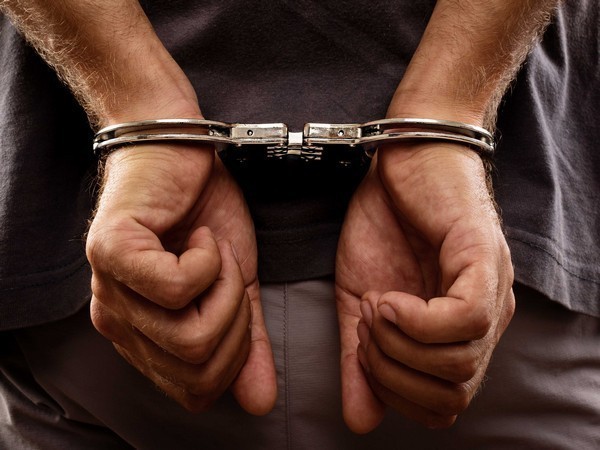
In a shocking turn of events, a U.S. citizen found themselves entangled in a legal web on foreign soil as Russian authorities arrested them on charges of drug trafficking. The incident, which has caught the attention of diplomatic circles and the media, adds a layer of complexity to the already strained relations between the two nations.
The arrested individual, identified as Mark Johnson, a 38-year-old from New York, was apprehended at a Moscow airport after arriving on a commercial flight. Russian law enforcement officials claim to have discovered a substantial quantity of illegal narcotics in his possession during routine customs checks.
The specific details of the alleged drug trafficking operation remain unclear, with Russian authorities yet to disclose the type and quantity of drugs involved. However, sources close to the investigation suggest that the arrest is the result of an extensive intelligence operation aimed at dismantling an international drug trafficking network.
The U.S. Embassy in Moscow has been swift in responding to the incident, demanding consular access to Johnson and urging Russian authorities to ensure a fair and transparent legal process. The arrest comes at a delicate time in U.S.-Russia relations, with tensions already running high on various geopolitical fronts.
The Russian government, in its official statement, emphasized its commitment to combating drug trafficking and other transnational crimes. The arrest of a U.S. national on such charges underscores the global nature of these criminal enterprises and the necessity for international cooperation in addressing them.
Legal experts speculate that Johnson could face severe penalties if convicted under Russian drug trafficking laws. The Russian legal system is known for its strict approach to drug-related offenses, and the outcome of the trial could have significant repercussions for U.S.-Russia relations.
The arrest has sparked debates and discussions on the role of foreign nationals in criminal activities abroad and the need for strengthened international collaboration to combat organized crime. It also highlights the challenges faced by governments in ensuring the safety and legal rights of their citizens when they find themselves on the wrong side of the law in foreign jurisdictions.
As Mark Johnson awaits his day in court, the incident serves as a stark reminder of the complexities inherent in the ever-evolving landscape of international relations, where legal matters can quickly become geopolitical flashpoints with far-reaching consequences.




